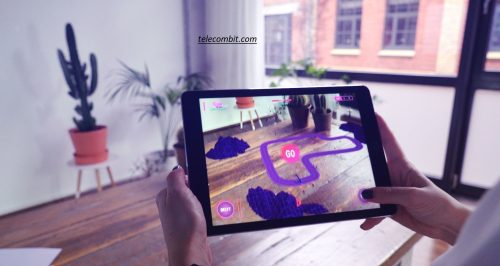How AR Advertising is Changing the Game
Augmented Reality (AR) technology has revolutionized the way we perceive and interact with the digital world. With its ability to overlay virtual elements onto the real world, AR has opened up new possibilities for advertising. In this article, we will explore how AR advertising is changing the game, transforming the way brands engage with their audiences and creating immersive experiences that leave a lasting impact.
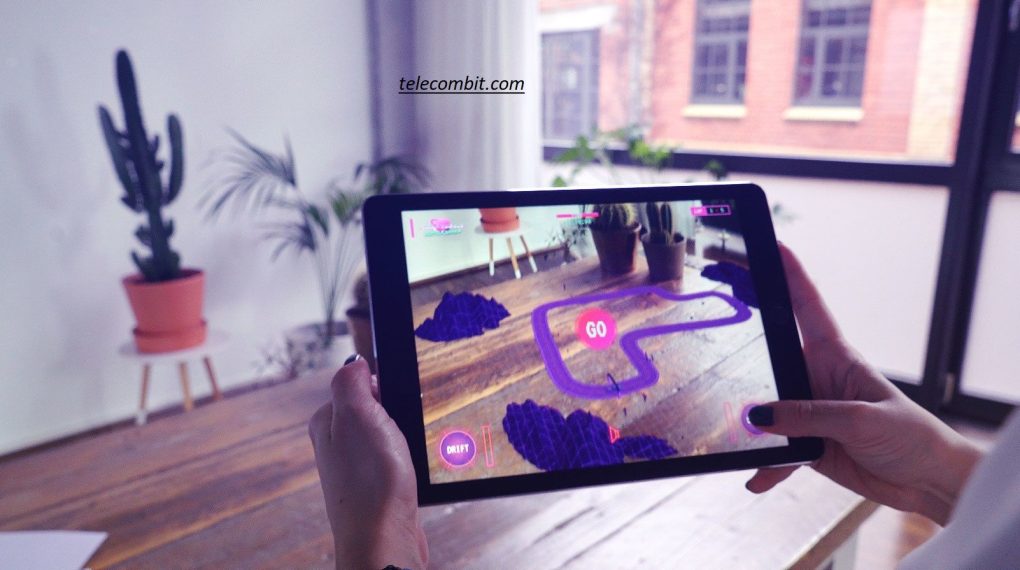
The Rise of AR Advertising
AR advertising has witnessed a meteoric rise in recent years, thanks to advancements in technology and the widespread adoption of smartphones. Brands are leveraging AR to captivate their target market by offering interactive and personalized experiences. From virtual try-on for cosmetics and fashion to product demonstrations and storytelling, AR is reshaping the advertising landscape.
Also Read: América vs. Deportivo Toluca F.C. timeline

Enhanced User Engagement
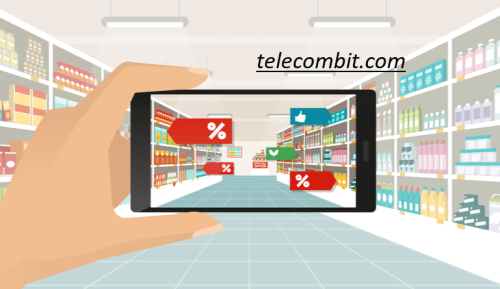
One of the key benefits of AR advertising is its ability to enhance user engagement. By blending the real and virtual worlds, AR ads grab attention and provide a unique and interactive experience. Users can actively participate, explore, and manipulate virtual objects, fostering a deeper connection with the brand. This increased engagement leads to improved brand recall and customer loyalty.
Creating Memorable Experiences
AR advertising allows brands to create memorable experiences that leave a lasting impression on consumers. For example, a furniture retailer can offer an AR app that enables users to visualize how different pieces of furniture would look in their own homes. By enabling consumers to “try before they buy,” brands can boost confidence and drive purchase decisions.

Personalization and Targeting

AR advertising enables personalized and targeted campaigns. By leveraging user data and preferences, brands can deliver tailored AR experiences that resonate with individual consumers. This level of personalization enhances relevance, improves conversion rates, and deepens customer relationships.
Bridging the Online-Offline Gap
AR advertising serves as a bridge between the online and offline worlds. Brands can leverage AR to enhance in-store experiences, such as providing interactive maps or offering virtual guides. Additionally, AR-enabled print advertisements can unlock digital content and provide a seamless transition from traditional media to online platforms.

Measurable Results and Analytics

AR advertising offers valuable insights through measurable results and analytics. Brands can track user interactions, dwell time, and conversions, allowing them to optimize campaigns and make data-driven decisions. This data-driven approach helps brands refine their strategies, maximize ROI, and deliver better experiences to their target audience.
Overcoming Technical Challenges
While AR advertising presents exciting opportunities, it also comes with technical challenges. Compatibility across different devices and platforms, as well as the need for robust AR development expertise, can pose hurdles. However, as technology continues to advance, these challenges are being addressed, making AR advertising more accessible to brands of all sizes.

AR Advertising in Various Industries
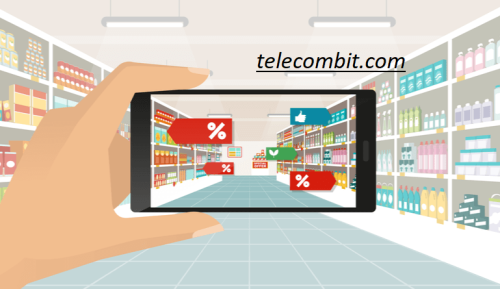
AR advertising is making waves across a wide range of industries. In the retail sector, brands are using AR to enable virtual try-on for clothing, accessories, and makeup, allowing customers to visualize how products would look before making a purchase. In the automotive industry, AR is being utilized for interactive vehicle configurations, showcasing different features, and providing virtual test drives. Even the entertainment industry is embracing AR advertising, with movie studios creating immersive AR experiences to promote upcoming films and engage audiences.
The Future of AR Advertising
The future of AR advertising looks promising. As technology continues to advance, we can expect more seamless integration of AR into our daily lives. With the rise of wearables, such as smart glasses, AR experiences will become even more immersive and convenient. Additionally, advancements in AR content creation tools and platforms will empower brands to create and deploy AR campaigns with greater ease and flexibility.
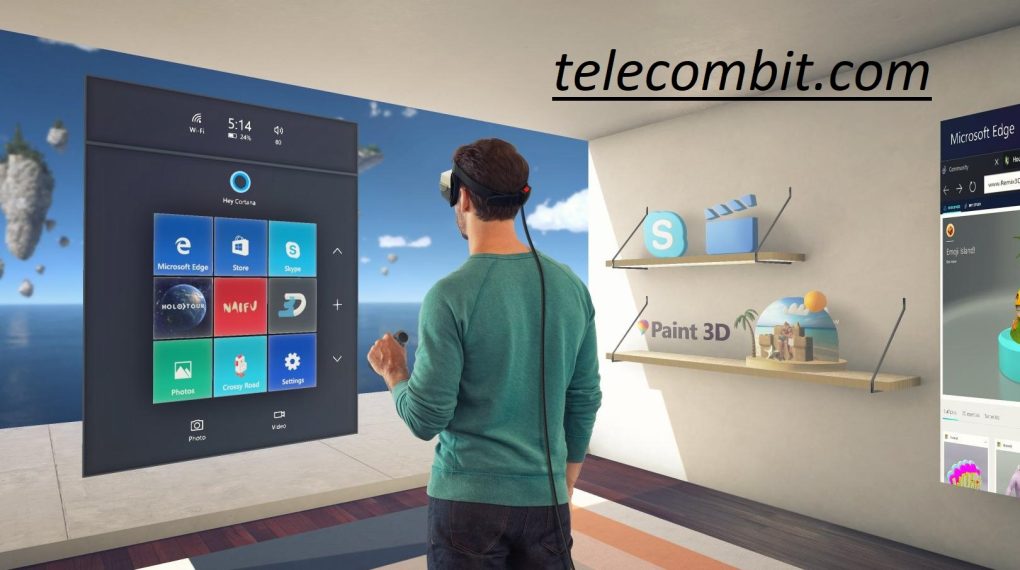
Conclusion
AR advertising is revolutionizing the advertising landscape, offering brands the opportunity to create immersive and engaging experiences for their audiences. By leveraging the power of AR, brands can enhance user engagement, deliver personalized experiences, bridge the online-offline gap, and gather valuable data for optimization. As technology evolves, AR advertising will continue to evolve, providing endless possibilities for brands to connect with their customers in innovative and impactful ways.
.
